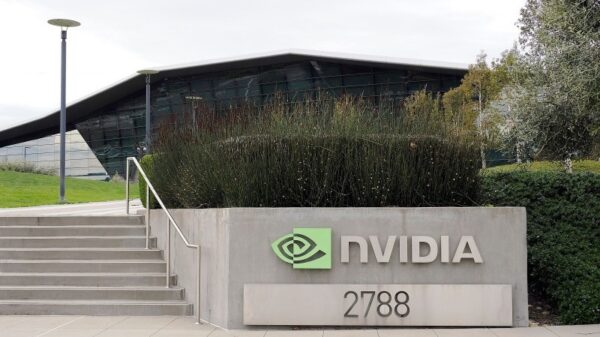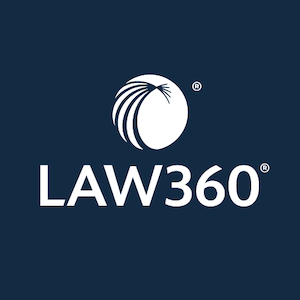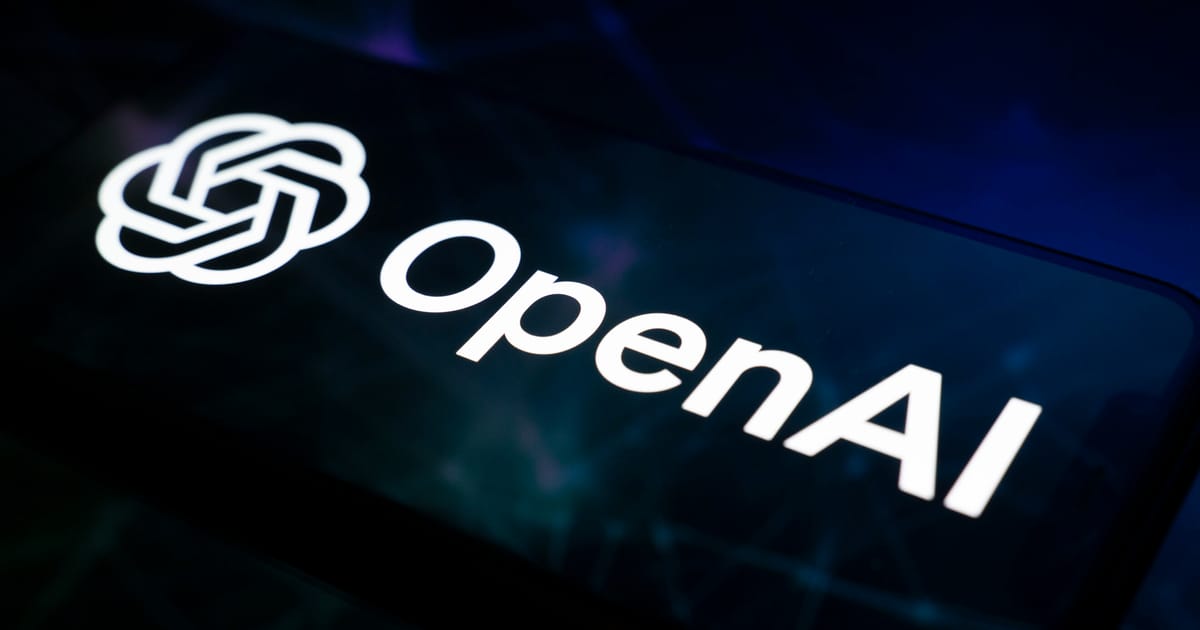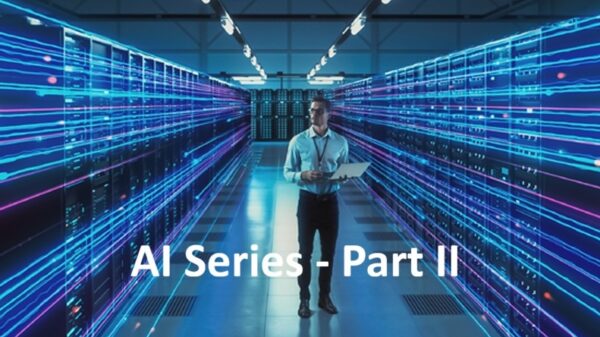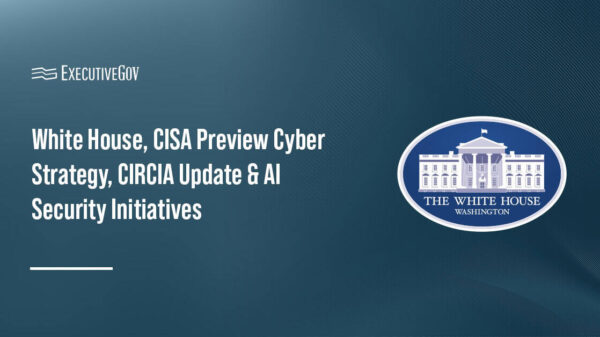The ongoing negotiations surrounding the **Artificial Intelligence Act** in the European Union (EU) have taken a significant turn as calls for a delay in implementing key parts of the legislation grow louder. As 2025 approaches, various national governments and leaders within the tech industry are advocating for a reprieve on certain provisions of this landmark law, reigniting a debate in Brussels about how to effectively balance **regulation** and **innovation** in the fast-evolving AI landscape.
On Wednesday, the EU executive body, led by **Commission President Ursula von der Leyen**, announced proposed adjustments to the Act. This decision is seen as a concession to industry advocates, following intense lobbying efforts from both the **Trump administration** in Washington and corporate lobbyists in Brussels against the stringent digital regulations that the EU has attempted to enforce.
Professor **Natali Helberger**, an expert in law and digital technology at the **University of Amsterdam**, criticized this latest move, stating, “A part of the message that Europe is giving to the rest of the world is that it is open to pressure from tech companies and other nations. I would say this harms the credibility.” Helberger’s comments highlight the potential implications of perceived flexibility in regulatory frameworks on the EU’s global standing in tech policy.
Proposed Changes and Industry Concerns
Under the new plans expected to be discussed further, a number of AI practices classified as **high risk**—including the use of AI in recruitment, loan assessments, and exam scoring—will no longer face immediate obligations. This delay extends the timeline for compliance by at least one year beyond the previously established schedule. Proponents of this change argue that it will allow companies sufficient time to adjust to the regulations without hindering their competitiveness, especially as Europe seeks to elevate its position in the global tech arena.
Industry advocates have slammed the initial timeline as “unworkable,” emphasizing the need for a period of adjustment. The concern is that hastily imposed regulations could stifle innovation during a time when Europe is striving to enhance its technological capabilities and market position.
Global Implications and Future Outlook
The changes proposed by the EU are poised to send ripples not only through the continent but across the globe, as the bloc seeks to establish itself as a benchmark for **AI governance**. Critics argue that the decision to delay critical sections of the **AI Act** could send a mixed message to other regions contemplating similar legislation. As the EU navigates the geopolitical landscape, it must carefully balance the need for robust regulatory frameworks with the demands of a rapidly evolving industry.
This regulatory tug-of-war underscores a broader trend where various governments must contend with corporate interests while aiming to protect citizens from potential harm associated with AI technologies. The actions taken by the EU in the coming months will be pivotal in determining not only the future of AI regulation in Europe but also how these policies might influence global standards.
As stakeholders await further developments, the implications of these regulatory adjustments will be closely monitored. The future of the **AI Act** and its impact on the technological landscape could redefine how the world approaches **AI ethics** and governance.
See also Microsoft AI Code Usage Hits 30% Amid Windows 11 Update Chaos and Investor Doubts
Microsoft AI Code Usage Hits 30% Amid Windows 11 Update Chaos and Investor Doubts India’s ATOMESUS AI Launches Advanced Platform with Focus on Multilingual Optimization and Data Sovereignty
India’s ATOMESUS AI Launches Advanced Platform with Focus on Multilingual Optimization and Data Sovereignty Hugging Face Partners with Google Cloud to Enhance AI Model Access and TPU Support
Hugging Face Partners with Google Cloud to Enhance AI Model Access and TPU Support Anthropic Reports First AI-Led Hacking Campaign, Targeting 30 Entities Worldwide
Anthropic Reports First AI-Led Hacking Campaign, Targeting 30 Entities Worldwide Beaver Dam Residents Voice Water Concerns as Meta Begins AI Data Center Construction
Beaver Dam Residents Voice Water Concerns as Meta Begins AI Data Center Construction
